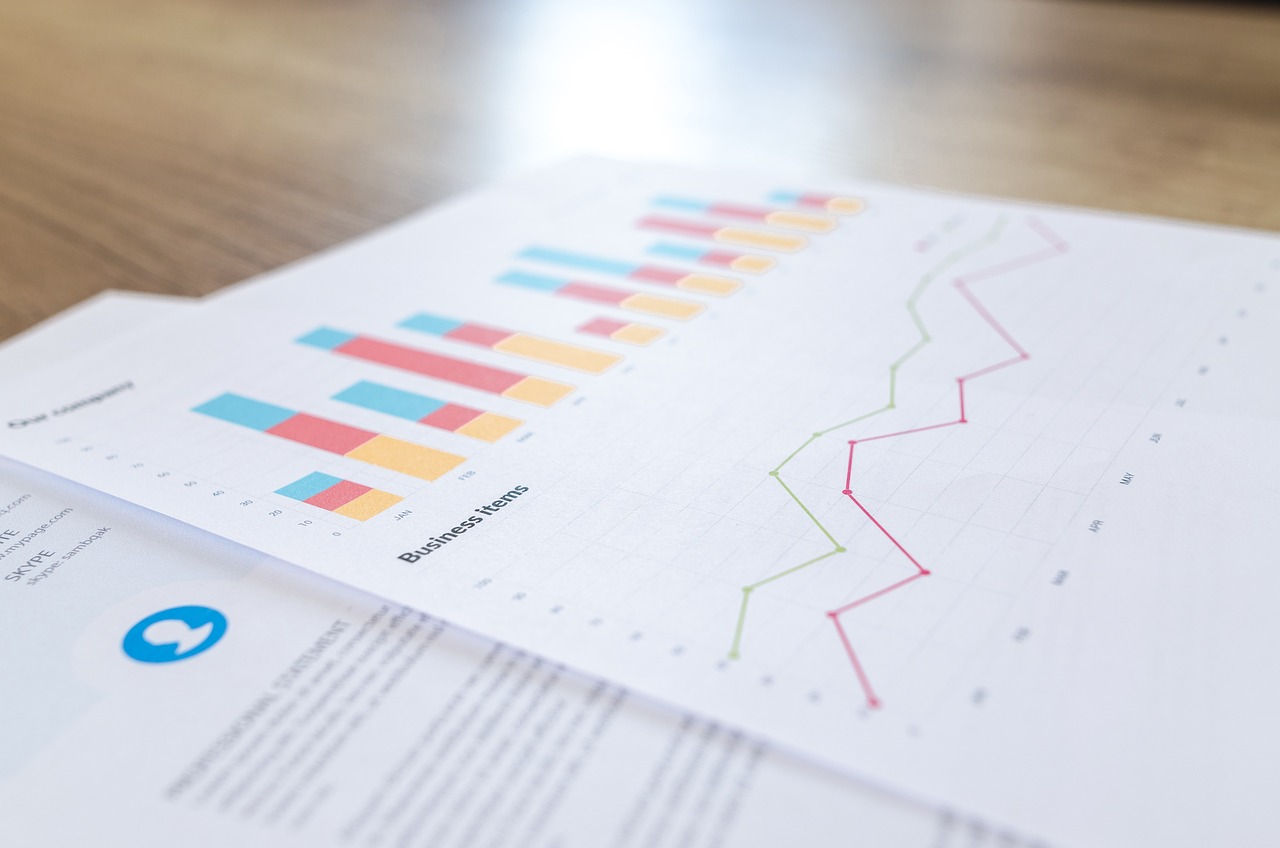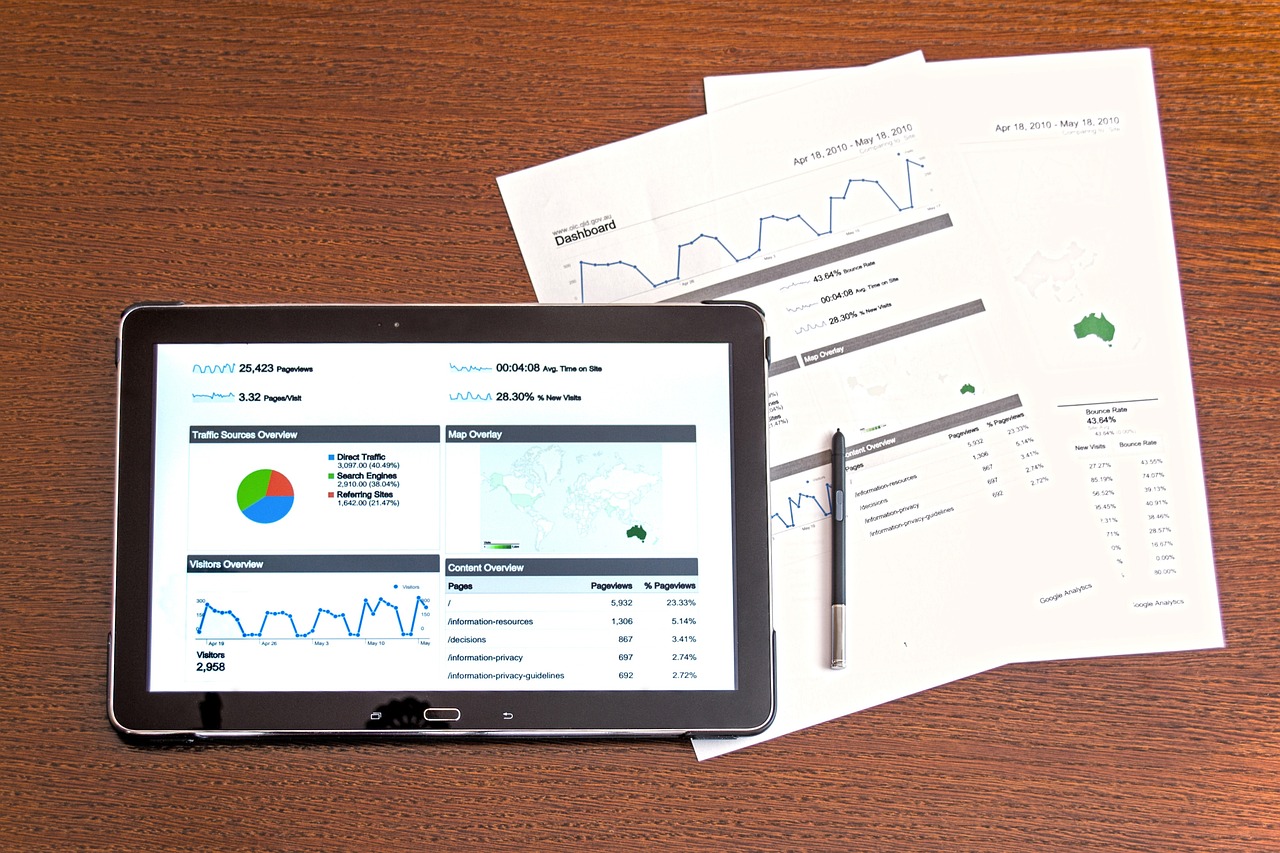
The leading US think tanks
Explore our expert rankings to find your ideal partner in the US Think Tanks industry.
View Rankings
We've ranked the top 10 US think tanks.

Cato Institute, a significant presence in the American corporate landscape, operates as a hub for innovative strategies and ideas with a unique blend of simplicity and sophistication. Characterized by its journalistic flair and professional execution, it serves as a reliable choice for navigating today's complex business world.
The Migration Policy Institute (MPI) is a US-based think tank that conducts comprehensive studies on global migration, producing various publications and maintaining a Migration Data Hub. MPI's work, which includes detailed analysis of current issues like the new EU Pact on Migration and Asylum and the US Immigration Court System, is noted for its professional, unbiased approach.


The Carnegie Endowment for International Peace is a US-based think tank with a strong focus on conflict resolution, democracy, and technology, offering a global perspective through its centers across Europe, India, Russia, Eurasia, China, and the Middle East. Their commitment to diversity and inclusion is evident in their Junior Fellows Program, and they maintain a robust digital presence through various platforms like podcasts, blogs, and social media.
The Mercatus Center at George Mason University is a renowned research institution that promotes understanding of market solutions to societal issues and contributes to academic and policy discourse in economics. Its initiatives, like the Emergent Ventures program and Program on Pluralism and Civil Exchange, reflect its commitment to fostering intellectual community and the transformative power of ideas.


The Center for Climate and Energy Solutions (C2ES) is a leading American environmental organization, committed to the Paris Agreement and net-zero greenhouse gas emissions, with a focus on building climate resilience and advocating for diversity, equity, inclusion, and justice. C2ES plays a significant role in UN climate talks and provides resources for understanding and combating climate change.
The Center for Governmental Research (CGR), a US-based think tank, provides research-backed consultation to governments, nonprofits, and philanthropic entities, specializing in areas like operational analysis, financial review, and strategic planning. Praised for their professionalism and data-driven insights, CGR's work promotes equity and success across diverse sectors, including local government and education.


The Peterson Institute for International Economics is a leading US think tank and an intellectual powerhouse, conducting expansive and precise research on international economic issues. It's not just about data, but also a hub for global economic discourse and collaboration, dominating the think tank world like a queen on a chessboard.
Pew Research Center is a nonpartisan organization conducting data-driven social science research on a variety of topics, offering resources on global regions and presenting findings in multiple formats. The organization's research, which often addresses timely issues like the role of older workers in the economy and attitudes towards technology, is marked by a commitment to objectivity and insightful observations.

The Heritage Foundation is a leading think tank dedicated to shaping U.S. policy on issues ranging from national security to economics, known for its objective analysis and emphasis on policy impact. The organization is unafraid to address contentious topics like Critical Race Theory and election integrity, making it a significant platform for intellectual discourse and policy development.

A US think tank operates as a research institute, gathering knowledgeable individuals who conduct in-depth studies on specific topics, ranging from economics to foreign policy. These experts analyze data, formulate policy proposals, and disseminate their findings through various channels to influence public opinion and policy-making.
For anyone comparing think tanks, it's vital to consider:
Renowned US think tanks include the following:
These institutions provide invaluable insights and potential strategies on various societal issues, assisting policy makers and the general public in making informed decisions.
US think tanks are intellectual powerhouses that illuminate a broad spectrum of subjects, from economic policies to social issues, international relations to environmental sustainability.
Their research and analysis often steer the national dialogue on critical matters such as:
By offering data-driven insights, think tanks can influence policy-making, shaping the US's future in a dynamic global landscape.
Think tanks play a pivotal role in shaping public policy by conducting in-depth research and analysis on a myriad of socio-political issues. They act as intellectual powerhouses, generating ideas and strategies that influence government decisions and actions.
By providing non-partisan, evidence-based insights, they contribute to informed policy-making, fostering a culture of transparency and accountability.
In essence, think tanks bridge the gap between knowledge and policy, ensuring that the latter is not only grounded in empirical evidence, but also responsive to societal needs.
US think tanks are primarily funded through a blend of private and public sources.
Private funding often stems from:
These supporters aim to support the research or policy goals of the tank. Public funding, on the other hand, may come from government grants and contracts.
It's crucial for potential supporters to research each think tank's funding sources to ensure alignment with their own interests and values.
Think tanks and government have a symbiotic relationship, where policy research and advice from these non-profit organizations inform governmental decision-making.
Government, in turn, may provide funding and engage think tanks as consultants, leveraging their expertise in specific policy areas.
However, it's crucial to note that think tanks maintain their autonomy, allowing them to provide unbiased, innovative solutions to complex societal challenges.
Getting involved with a US think tank requires a blend of academic prowess, professional expertise, and a passion for policy development.
Typically, you can start by:
Networking and contributing to their research or publications can also increase your visibility.
Remember, your involvement level can range from:
Yes, US think tanks often publish their research findings to contribute to public discourse and policy debates. These studies and reports are typically available on the think tanks' official websites, in their publications section.
Additionally, some think tanks disseminate their findings through:
It's important to cross-reference multiple sources when considering their research to ensure a comprehensive understanding.
Think tanks prioritize unbiased and accurate research through rigorous methodology, peer-review processes, and transparency. They employ expert scholars to conduct research and often involve multiple rounds of scrutiny before publication.
Additionally, maintaining transparency about funding sources and methodologies used can help mitigate potential bias. It's important to note that the level of unbiasedness can vary among different think tanks, so critical evaluation of their research practices is essential.
Yes, US think tanks sometimes face controversies and criticisms, often revolving around transparency and influence. Critics argue that some think tanks may lack intellectual independence, being swayed by donor interests or political affiliations.
Additionally, there's a concern about the level of transparency regarding funding sources, which can potentially lead to conflicts of interest. Therefore, when reviewing think tanks, it's critical to consider:
US think tanks shape legislation by conducting research, publishing findings, and advocating for specific policies. They generate data-driven insights, which they share with policymakers to inform their decisions.
While they don't directly draft laws, they often host forums or discussions where key stakeholders, including lawmakers, are invited to delve into critical issues.
Therefore, their influence is primarily informational and advisory, creating an environment that fosters informed policy-making.
US think tanks typically recruit researchers and scholars through a rigorous selection process, often involving a comprehensive review of the candidate's academic credentials, professional experience, and research portfolio. They usually seek individuals with profound expertise in a specific policy area, capable of conducting independent research and contributing to policy debates.
Networking, recommendations, job postings, and headhunting are common recruitment methods. It's crucial to note that the recruitment process can vary widely among different think tanks based on their mission and focus area.